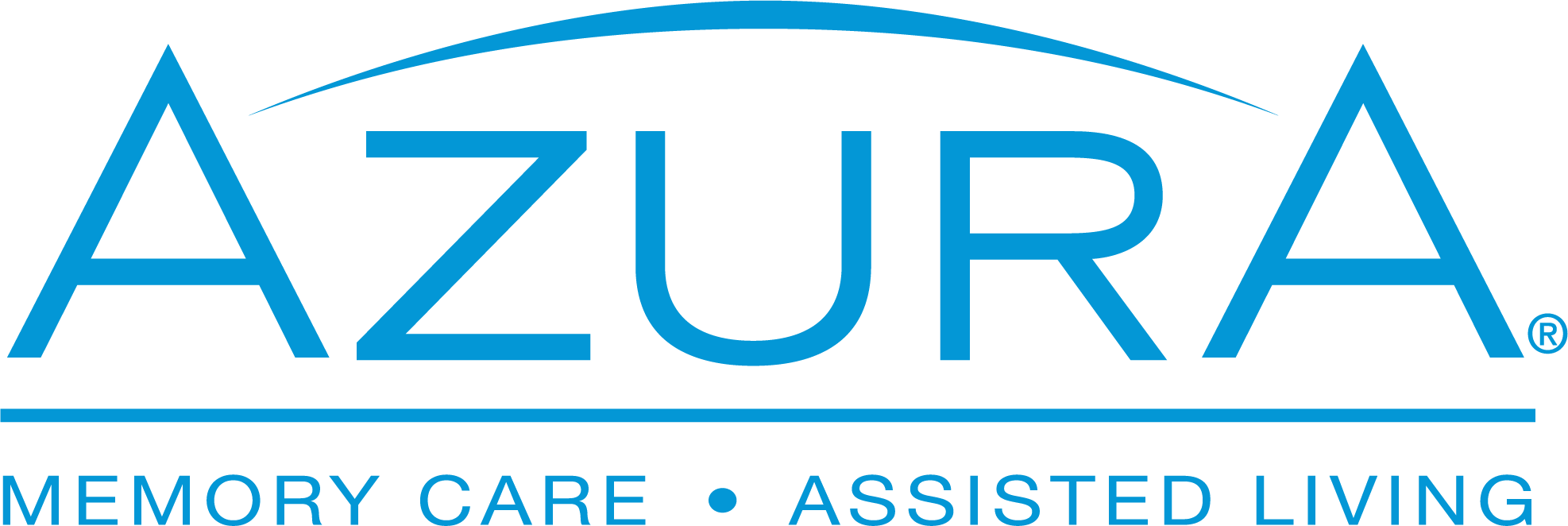When Is It Time to Move to Memory Care?
Memory care is appropriate when an individual experiences significant cognitive decline that impacts their daily life and safety.
A good starting point guiding question: Is your loved one still safe and thriving at home, or merely surviving?
When safety, health, and quality of life are at risk, memory care becomes not just a better option, but a necessary one.
The Benefits of Memory Care
- 24/7 specialized supervision and support
- Trained staff in dementia-related behaviors
- Secure environments to prevent wandering
- Structured routines and cognitive stimulation
- Relief and peace of mind for caregivers
These are some indicators that may suggest the need for memory care:
Home and Personal Care Decline
- Difficulty with ADL’s (activities of daily living)
- Leaving appliances on or failure to lock doors. Utilities being shut off
- Forgetting to take medication(s).
- Spoiled food in the fridge or forgetting to eat.
- Financial mismanagement, not paying bills or signs of mismanagement of finances.
- Increased confusion or disorientation of time, place or people. Being unable to recognize familiar people or places.
- Getting lost or wandering, even in familiar surroundings.
- Basic self-care tasks such as poor hygiene- not bathing or wearing the same clothes repeatedly.
- Living in clutter or filth due to an inability to maintain the home.
- Repeated falls or injuries, possibly due to disorientation or mobility issues.
Behavioral or Emotional Changes
- Changes in behavior. Exhibiting agitation, aggression, or mood swings that are worsening.
- Withdrawing from social encounters or increased isolation
- Depression, anxiety, or uncharacteristic fearfulness.
- Paranoia or delusions, such as thinking someone is stealing from them or in the home.
- Decline in communication skills. Difficulty understanding or expressing thoughts clearly.
Caregiver Burnout
- Increasing caregiver burden of the primary caregiver (typically a spouse or other family member) is becoming overwhelmed or unable to provide adequate care.
- Physical exhaustion or emotional overwhelm from caregiving duties.
- Resentment, guilt, or strain on family relationships.
- Inability to provide 24/7 supervision, which may now be necessary.
It’s important to note that memory care is not always necessary for older adults experiencing some cognitive decline. However, if these symptoms become significant or interfere with daily life, it’s recommended to consult with a healthcare professional to determine if memory care is appropriate.
